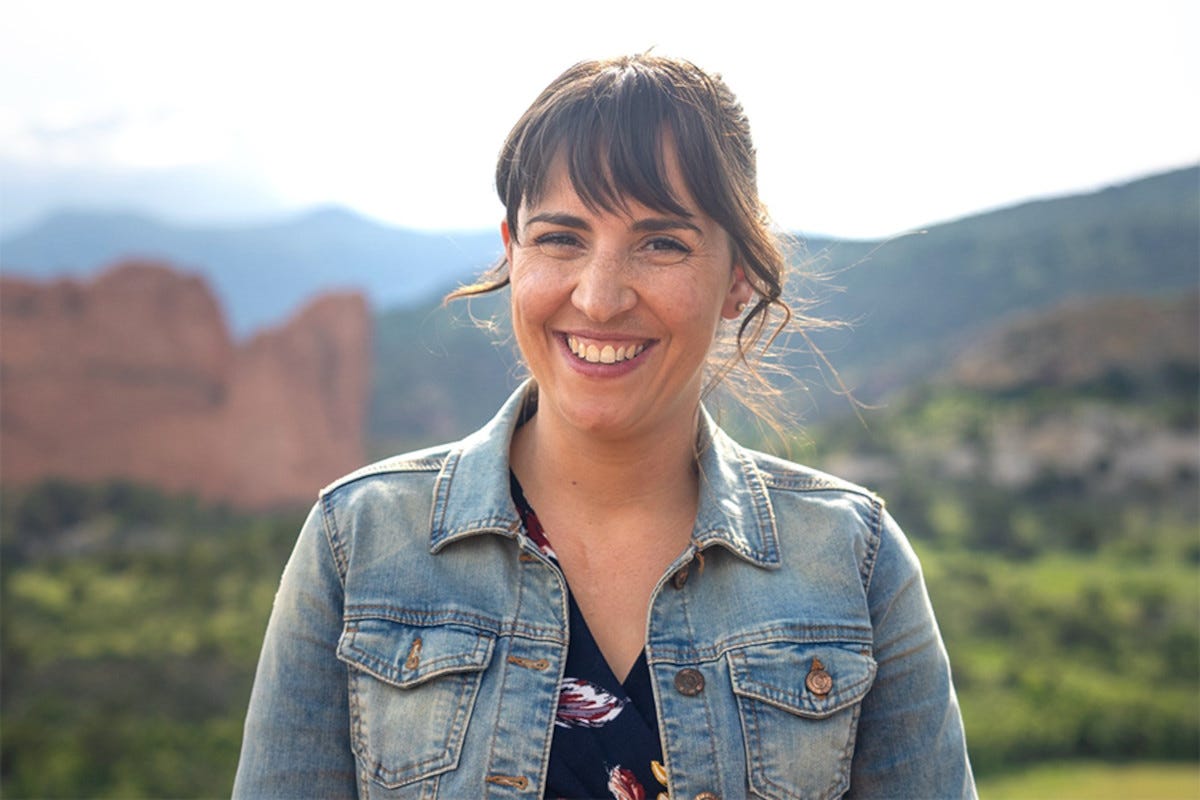Court appears sympathetic to counselor’s fight against conversion therapy ban
Arguments pit right to free speech against therapy’s alleged harm to minors
Colorado’s law banning conversion therapy for minors appeared unlikely to survive U.S. Supreme Court scrutiny intact after oral arguments today in the Chiles v. Salazar case.
Kaley Chiles, a mental-health counselor, is challenging the law on the grounds that it violates her First Amendment right to free spee…



